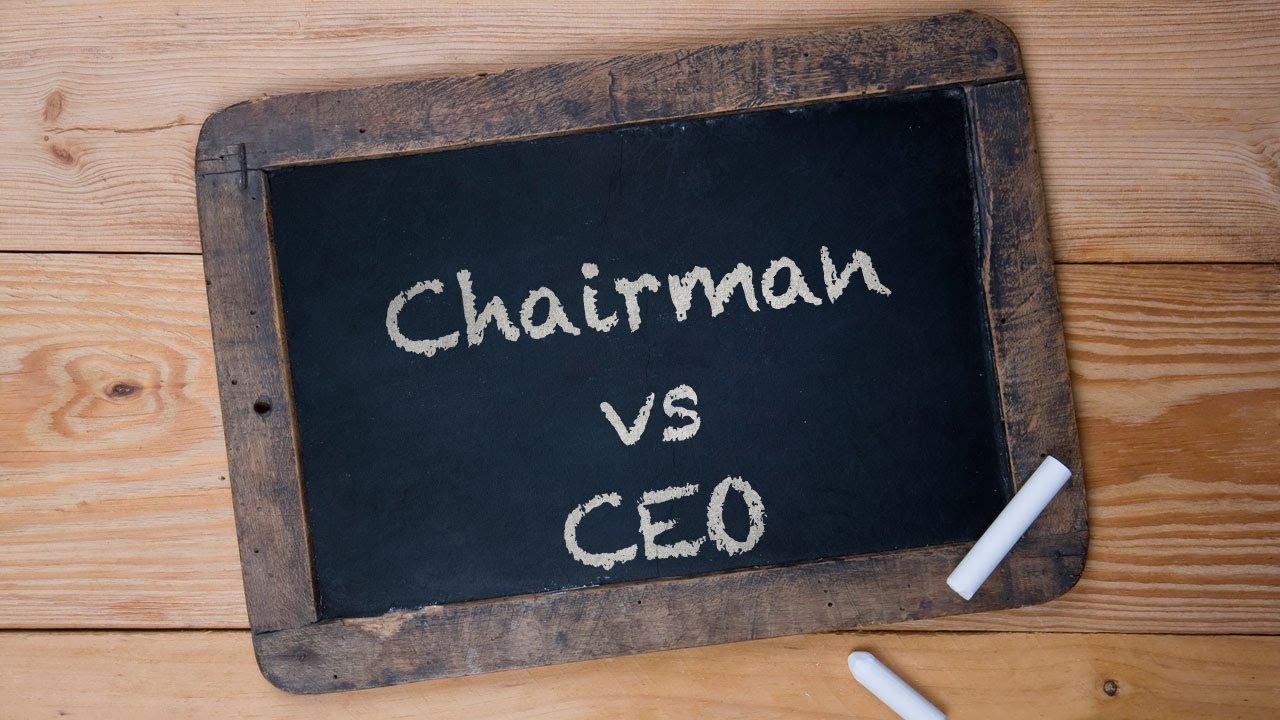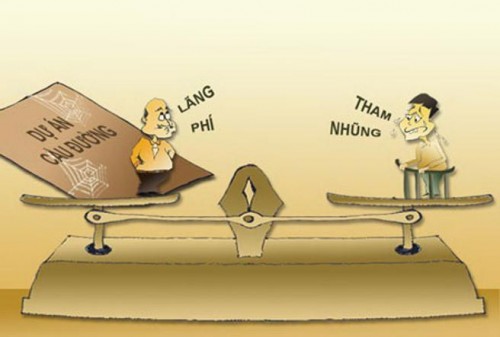Investor: Glad to e-meet you. Please allow me to briefly introduce ourselves. We are a SGX-listed company providing business solutions to mobile network operators.
Our headquarter is based in Indonesia and we are currently looking at several investment prospects in tech start-ups in Vietnam, investing through a company incorporated in Singapore.
We are exploring the most feasible structure for us to enter into Vietnam as a foreign investor. Unlike a typical VC firm, we are a corporate investor investing directly from our balance sheet and not from a fund.
Perhaps you can share your knowledge and experience with us. How do other foreign VCs or foregin corporate investors execute their deal in Vietnam? We would also like to know what are the typical costs to be incurred for an investment size, say US$750K.
Lawyer: I am corporate Lawyer of SBLaw. Regarding to your questions quoted in your email, we would like to present you options available for foreign investor to run their investment project in Vietnam as follows:
Option 1. Newly setup a Company. Under Vietnam Law, you can setup a wholly foreign owned company or joint venture company with one or more local partner to run your investment project. Profit generated from your company in Vietnam can be transferred abroad upon completion of all tax obligation applicable to the company in Vietnam. This option shall be used if the Foreign Investor is quite familiar with Vietnam Market or it has good partners in Vietnam.
Option 2. Acquiring a part or whole of an existing company in Vietnam. Depending on specific registered business activities of an existing company in Vietnam, foreign investor can acquire up to 100% shareholding of such company. However, foreign investor is only allowed to acquire only 49% of a listed company in Vietnam. Profit generated from your company in Vietnam can be transferred abroad upon completion of all tax obligation applicable to the company in Vietnam. This option is generally adopted by foreign investor who wish to invest into start-up companies in Vietnam.
Option 3. Entering into a Business Co-operation Contract with one or more local partners in Vietnam for running investment project in Vietnam. With this form, the related Parties shall not setup any new entity in Vietnam. Profit generated from Business Co-operation Contract can be transferred abroad upon completion of applicable tax obligation under Vietnam Law. This option is not favored by foreign investor due to that it is hard to control cost and benefit of the project. This option is only used if there is no choice for the Parties under Vietnam Law.
Option 4. Entering into a Convertible Loan Contract with Local Company in Vietnam. With this form, the Foreign Investor shall act as the Lender and the Local Company shall act as Borrower. However, the Lender shall be entitled to an option to convert all or a portion of the outstanding principal of the loan into some of an equity of the borrower’s company. This option may be adopted by foreign investor who wish to invest into start-up companies in Vietnam. However, this option shall take time and cost to register loan with the State Bank of Vietnam and/or to convert loan into equity of the Borrower’s Company.
Regarding to typical cost for running investment in Vietnam, it does not depend on how much you invest into Vietnam. In fact, it shall very much depend on which option you choose and complication of the each specific case. The cost for legal adviser is generally from 3,500 USD upward.

















